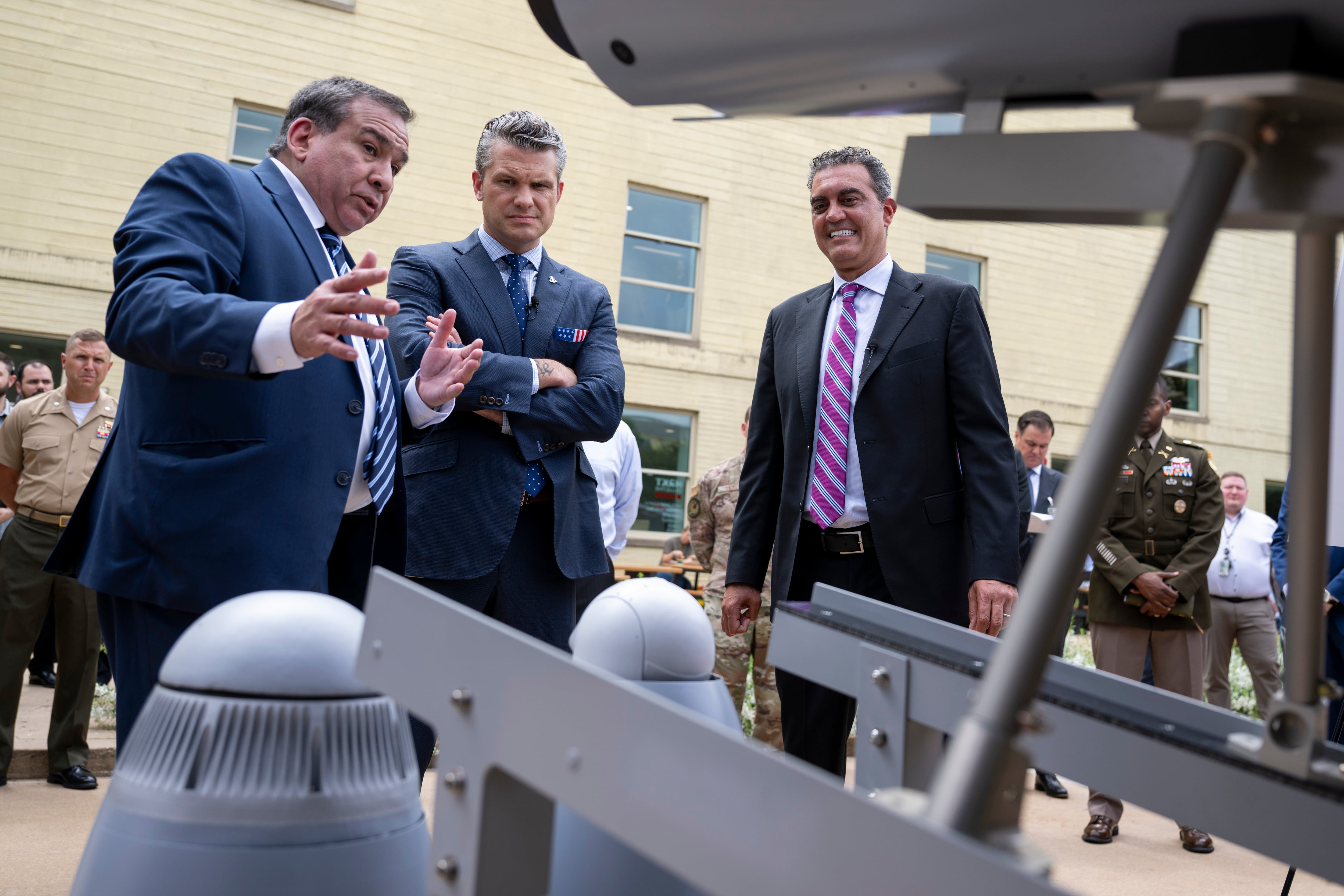WASHINGTON — The U.S. Army’s tactical network acquisition office released a solicitation Nov. 16 for an $850 million contract for its new encryption device to protect the joint network.
The Army expects the 10-year contract for the Next Generation Load Device-Medium (NGLD-M) will be awarded to multiple vendors and will delivery the strongest NSA-certified cryptographic keys on the tactical, strategic, and enterprise network systems from the Secret level and higher. The RFP was release by the Army’s Program Executive Office Command, Control, Communications-Tactical.
According to the PEO C3T news release, modern cryptographic algorithms will be transferred using the NGLD-M device to counter cyber and electronic warfare threats.
The release was delayed in June after the service adjusted the acquisition strategy competition.
“Based on market research conducted earlier this year, the program adjusted some aspects of the strategy to help increase multi-vendor competition, enable rapid software integration options, leverage mature Non-Developmental Item (NDI) potential solutions, and accelerate NSA certification,” said Paul Mehney, director of communications for PEO C3T, in a news release.
"The NGLD-M replaces the fleet of legacy fill devices including the aging Simple Key Loader (SKL), which the Army began procuring fifteen years ago,” said Mike Badger product manager for the NGLD-M effort. “The NGLD-M will be an NSA Type 1 certified, ruggedized, battery-powered, hand-held device used to manage and transfer cryptographic key material and mission planning data.”
The NGLD-M device allows network managers “to reconfigure cryptographic products, perform Over-The-Network-Keying, conduct remote software downloads, and improve operational environment awareness,” according to a PEO C3T news release.
The device will be used by all command echelons, other government agencies and foreign military partners, the release said.
Andrew Eversden covers all things defense technology for C4ISRNET. He previously reported on federal IT and cybersecurity for Federal Times and Fifth Domain, and worked as a congressional reporting fellow for the Texas Tribune. He was also a Washington intern for the Durango Herald. Andrew is a graduate of American University.








